Staff Report
FORT LAUDERDALE, Fla. – In the mental health profession, implementing comprehensive system solutions is often complex. But for Broward County Public Schools (BCPS), the “Collaborative Internship for All” (CIA) is overcoming a multitude of challenges in one fell swoop.
The new graduate school internship program formed through a partnership with Florida Atlantic University (FAU), Barry University and the University of Southern California (USC) will help BCPS overcome a shortage of mental health providers, expand services in high need schools, improve cultural competency among the mental health team and increase services to more holistically treat students and their families, and support employees’ needs.
The shortage of mental health providers – particularly those specializing in youth – is a national crisis. According to the National Resource Center for Mental Health Promotion and Youth Violence Prevention, 20 percent of all adolescents experience a mental, emotional, or behavioral disorder, but up to 70 percent of these young people do not receive mental health services. Through the district’s partnerships with universities, the CIA is creating a unique internship program that will generate a pipeline of diverse mental health professionals from the local community for the school district to hire in the years to come.
HOLISTICALLY
“Collaborative Internship for All” refers to the holistic teaching approach of engaging interns to understand the multitude of behavioral health roles within the district: school counseling, family counseling, exceptional student learning support; social work; and employee assistance program (EAP) counseling. BCPS also expects collaboration to take the form of interns providing their insight to the mental health team on ways to enhance services. CIA’s collaborative nature earned the district a $2 million Mental Health Professional Services Grant from the Mental Health Service Professional Demonstration Grant Program from the United States Department of Education to support the program.
“The Collaborative Internship for All is unique because of the inclusivity of the five different learning disciplines we are offering to students,” said Sophia Loubeau, LCSW, CIA grant facilitator. “Usually an internship focuses on one aspect of mental health. We are creating an experience that touches our entire school community, giving us the added benefit of engaged learning from the interns, as they see the totality of our program through their own lens.”
Intern Chanel Littlejohn, a student in the University of Southern California’s Master of Social Work online program, calls the CIA experience “empowering.” She credits her preceptor, Marie English-Arterberry, director of the EAP department, for opening her eyes to the wide range of people she can impact and the various roles she can play in the school district.
“My preceptor brings me into everything – mental health meetings, sitting in on sessions, developing content to put out into the district and finding resources for people,” she said. “I can see how I can develop and implement a wellness program. I also have opportunities to share and gain knowledge from the other interns and preceptors through learning labs and volunteer opportunities. It has been an amazing experience.”
PIPELINE
The CIA program began with the start of the 2020/21 school year, transitioning to a remote experience due to COVID-19. Graduate students in mental health programs at FAU, Barry University and USC in their final year of coursework are eligible for the internship program through BCPS. Students will spend fall and spring semesters at high need schools under the supervision of a master’s level school mental health professional.
Nineteen interns are taking part in the program this year. In the future, BCPS projects the program will grow to 27 per year. Upon completion of the CIA, students will receive a school-based mental health certificate from BCPS. As an incentive for social workers to join BCPS’s mental health team immediately upon graduation, the normal two-year experience requirement will be waived. New hires specializing in social work will have the additional advantage of fulfilling their licensing requirements while employed with the District, including having state exam fees paid by BCPS.
The school district expects to hire five interns per year from each graduating CIA class. Loubeau sees the ability to train and hire from the CIA pool as an important feature of the program.
“What is important about hiring candidates from our own community is relevance,” said Loubeau.
“Mental health services should never be cookie cutter. They need to have consideration and vision for understanding the dynamics of diverse communities. Graduates of the CIA program can provide creative approaches for overcoming stigma and stereotypes and help us create breakthroughs.”
Loubeau is especially excited to welcome CIA interns who are BCPS graduates like James Walton from FAU, a Fort Lauderdale High School alumnus. “It is ideal to bring our students back to their home district as mental health interns and employees,” she said. “They understand more than anyone that our students’ needs go beyond our school buildings. Their ability to connect to our diverse communities will help us enhance mental health and wellness throughout Broward County.”
The opportunity to work in his own community with a highly diverse population was what drew Walton to CIA, where his first experience is working in Westglades Middle School.
“To see the level of services, the availability of resources and the connections we are making with parents to help students improve both their mental health and their school performance with respect to their culture has been a tremendous learning experience,” he said. “The caring environment is cultivated by everyone – from the principal, Mr. Bianchi, to the mental health team members, to the administrators. Everyone puts our students and parents interests before their own.”
Walton has learned much by working with his task supervisor, school social worker Charlsey Stroud.
“She takes the time to find out about the child’s and family’s situation,” he said. “It’s not only the child in the classroom we need to understand, it’s seeing the child at home, in the community, with the parents, and then pulling all the pieces together to direct the proper services. She’s a master social worker, and I’m learning so much from her.”

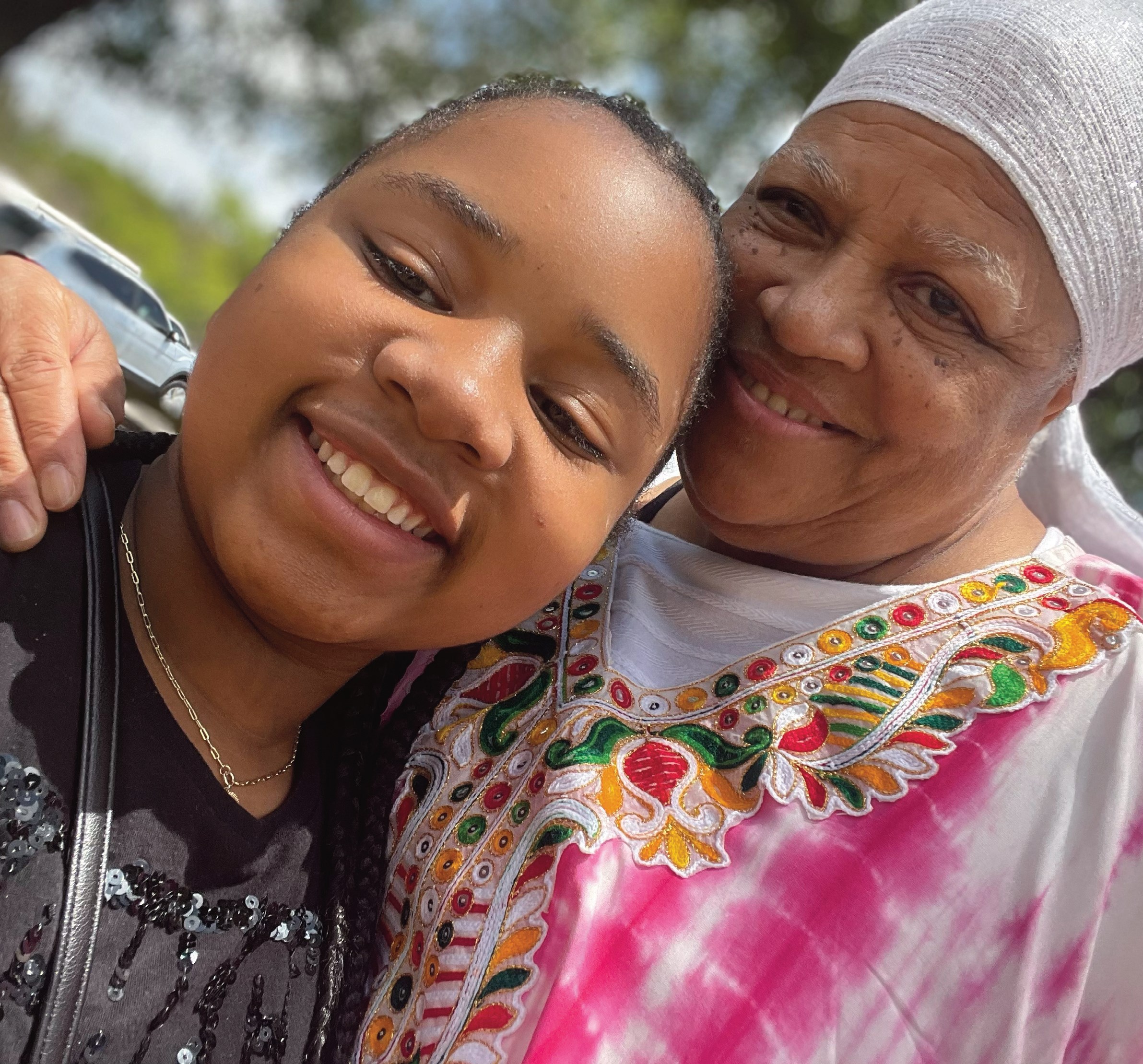


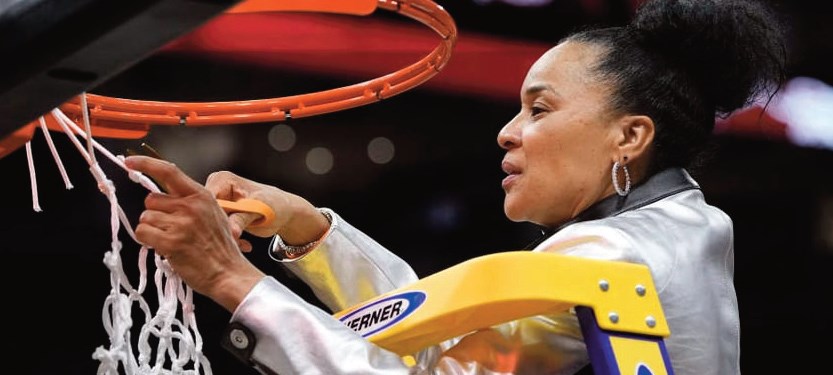

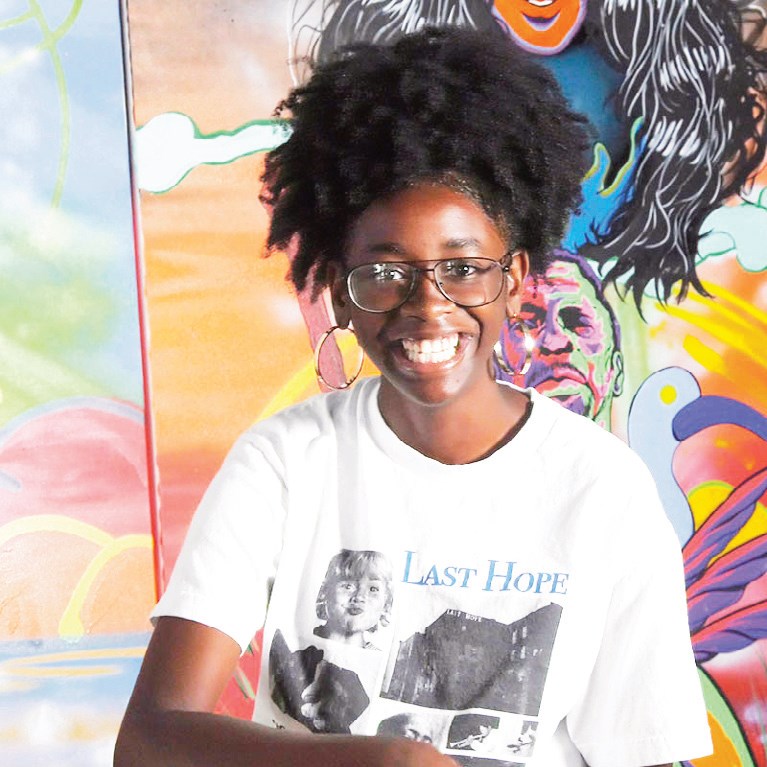

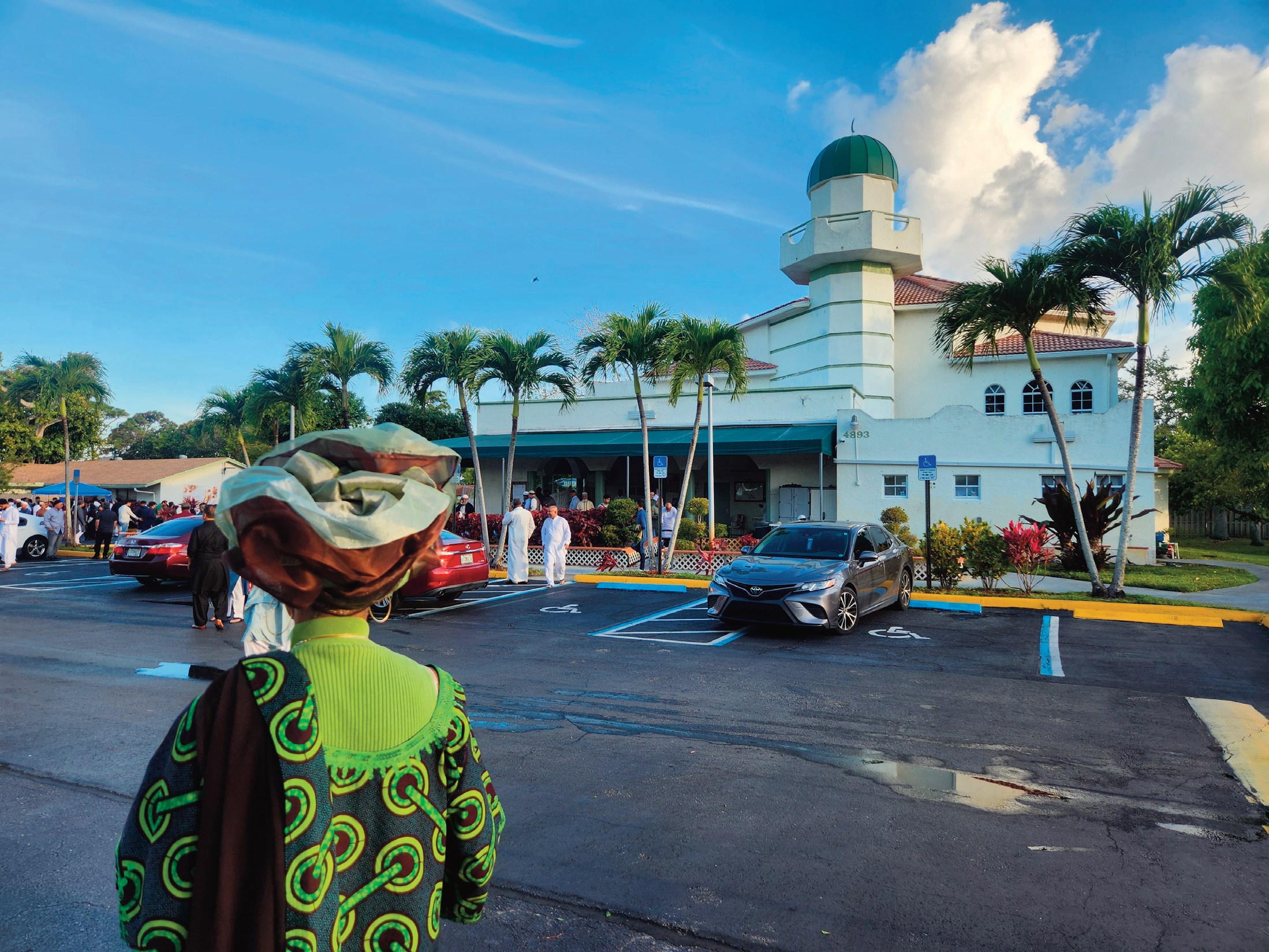



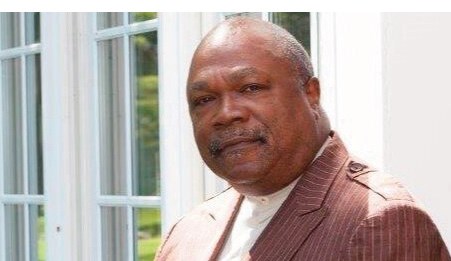
No Comment